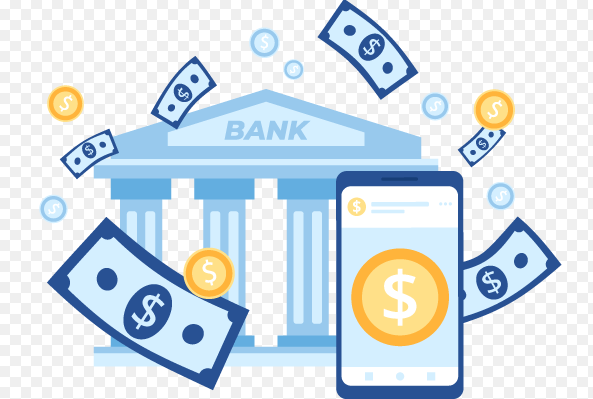The choice between online banking and traditional banking depends on your individual preferences, needs, and circumstances. Both approaches have their advantages and drawbacks, and what’s “better” for you may not be the same for someone else. Here’s a comparison to help you decide which banking method aligns with your financial goals and lifestyle:
Online Banking:
Advantages:
- Convenience:
- Access your accounts and conduct transactions 24/7 from anywhere with an internet connection. This flexibility is especially useful for people with busy schedules.
- Accessibility:
- Online banking is accessible to individuals with physical disabilities who may face challenges visiting physical bank branches.
- Cost Savings:
- Online banks often have lower fees and may offer higher interest rates on savings accounts due to reduced overhead costs.
- Efficiency:
- Easily manage multiple accounts, pay bills, and set up automatic payments and transfers from a single digital platform.
- Environmental Impact:
- Opt for electronic statements and documents, reducing paper consumption and supporting environmental conservation.
- Security Features:
- Online banking platforms employ robust encryption and multi-factor authentication (MFA) to protect your data and accounts.
- Mobile Banking Apps:
- Mobile apps offer the same functionality as the desktop version, allowing you to manage your finances on-the-go.
Drawbacks:
- Security Concerns:
- Online banking is vulnerable to cyberattacks, including phishing, malware, and hacking attempts. Vigilance is required to protect your accounts.
- Limited Services:
- Some online-only banks may offer a limited range of services compared to traditional banks, such as the absence of physical branches for in-person support.
- Privacy Concerns:
- Banks may collect and share your financial data for marketing or analytics purposes, raising concerns about the privacy of your personal information.
Traditional Banking:
Advantages:
- Personal Interaction:
- Traditional banks offer in-person services and opportunities for face-to-face interactions with bank staff. This can be beneficial for complex financial discussions or problem-solving.
- Comprehensive Services:
- Traditional banks often provide a wide range of financial services, including loans, mortgages, investment advice, and retirement planning.
- Physical Access:
- Physical bank branches and ATMs are readily available, providing easy access to cash, in-person services, and account support.
- Established Reputation:
- Traditional banks are well-established and often have a long history, providing a sense of stability and trust.
Drawbacks:
- Limited Hours:
- Traditional bank branches have specific operating hours, which may not align with your schedule, leading to inconvenience.
- Potentially Higher Fees:
- Traditional banks may charge higher fees for account maintenance, ATM usage, and overdrafts compared to online-only banks.
- Paperwork and Inefficiency:
- Traditional banking often involves paperwork, lengthy processes, and physical visits, which can be time-consuming and less efficient.
- Geographic Constraints:
- If you move or travel frequently, you may find it less convenient to access your accounts through a specific branch network.
Which Is Better?
The choice between online banking and traditional banking ultimately depends on your preferences and lifestyle. Consider the following factors:
- Convenience: If you prioritize convenience, online banking may be more suitable. It offers flexibility, accessibility, and time-saving features.
- Personal Interaction: If you value in-person interactions and need comprehensive financial services, traditional banking may be a better fit.
- Security Awareness: Regardless of your choice, it’s crucial to prioritize security. Online banking requires vigilance against cyber threats, while traditional banking entails safeguarding physical documents and cards.
- Financial Goals: Consider your specific financial goals and needs. If you need specialized financial services, such as investment management or mortgage assistance, traditional banks may be better equipped to provide them.
- Environmental Concerns: If you’re environmentally conscious and want to reduce paper waste, online banking with electronic statements may align better with your values.
Many individuals use a combination of both online and traditional banking services to reap the benefits of each. Ultimately, the “better” choice is the one that suits your lifestyle, financial goals, and comfort level with technology and in-person banking interactions.
